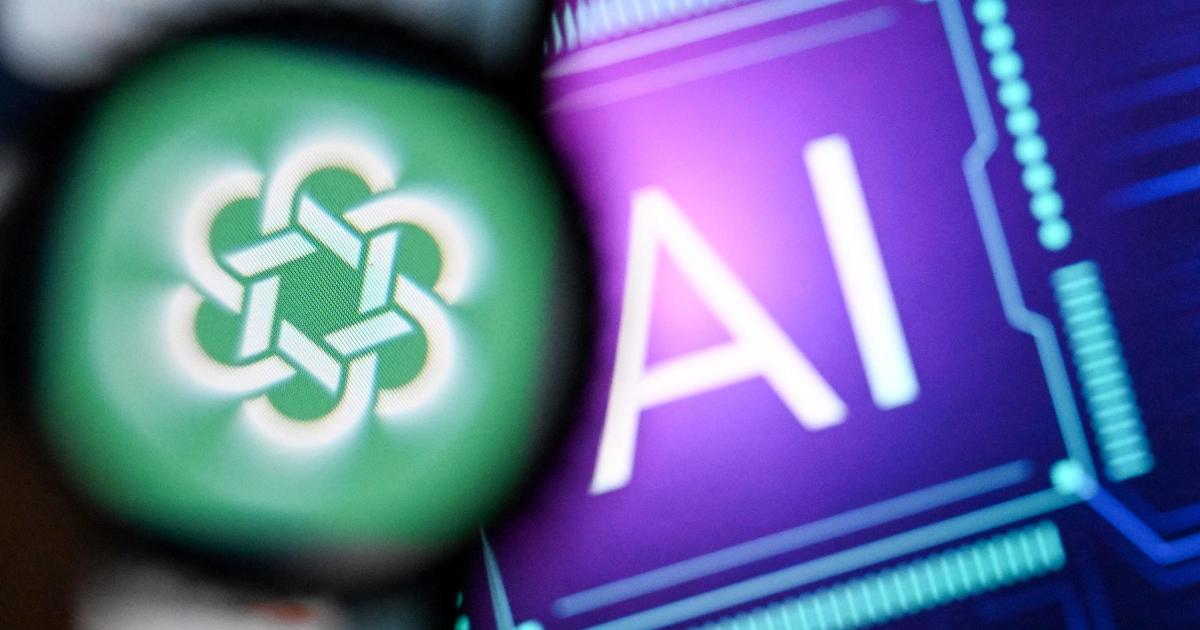by Alessio Jacona
Among the protagonists of "Top Gun: Maverick" there is also artificial intelligence: it is thanks to it, in fact, that the actor Val Kilmer was able to return to take on the role of the Iceman pilot, and above all to talk to Tom Cruise / Maverick despite irreparable damage to his voice from throat cancer and tracheostomy in 2014.
As Fortune reveals, the technology used was developed by London-based startup Sonantic, which collaborated with Kilmer in August 2021 to develop a concise yet credible version of the actor's voice.
It wasn't the first time: Sonantic has long used artificial intelligence to create voices which are then used in video games, Hollywood sound production and speech therapy.
The company has created a deep learning-based AI voice platform that allows entertainment professionals to create quite realistic vocal performances.
Thanks to these voice models, production houses can already speed up creative workflows, for example by artificially speeding up the recording of narrative voices when they make the machines "read" large amounts of text in a very short time.
This is the case with video games that simulate sports: now all have built-in commentary, usually with the voices of popular reporters, who seem to react with genuine enthusiasm to every action of the player.
In reality, the game's software uses thousands of pre-recorded phrases which, with an AI like Sonantic's,
In the case of "Top Gun: Maverick", however, things were more difficult than usual: instead of working with professional speakers and actors, who record long audio sessions in a controlled environment with which AI training is then done, the technicians all in all they had few recordings of Kilmer's voice available, almost all from the films in which the actor starred.
An insufficient amount of data compared to the technology then available, and which therefore prompted Sonantic to develop new algorithms capable of performing even with a quantity of data ten times lower than the norm.
Thus set up, the system generated over 40 different vocal models, among which the most suitable one was selected to “dub” Val Kilmer in the film.
The result is very close to the original and if, on the one hand, it is possible to appreciate its obvious advantages, on the other it raises some concern: although in fact the rumors generated with the Sonantic platform (and of the many other companies engaged on this front) in the end they are still recognizable as "artificial", the danger remains that these technologies, gradually more and more efficient, are used to create deepfake audio with which to scam people and companies.
After all, it has already happened: in 2020, for example, Symantec reported at least three cases of audio deepfake used to steal millions of euros from private companies, replicating the voice of the company's CEO.
In that case, the criminals had trained the voice engines by feeding them lectures in streaming, videos on YouTube and on other social networks.
media, even on the TED speeches of business leaders whose voice they wanted to clone.
The next step was to use AI to call senior members of the finance division and ask them to send funds urgently.









